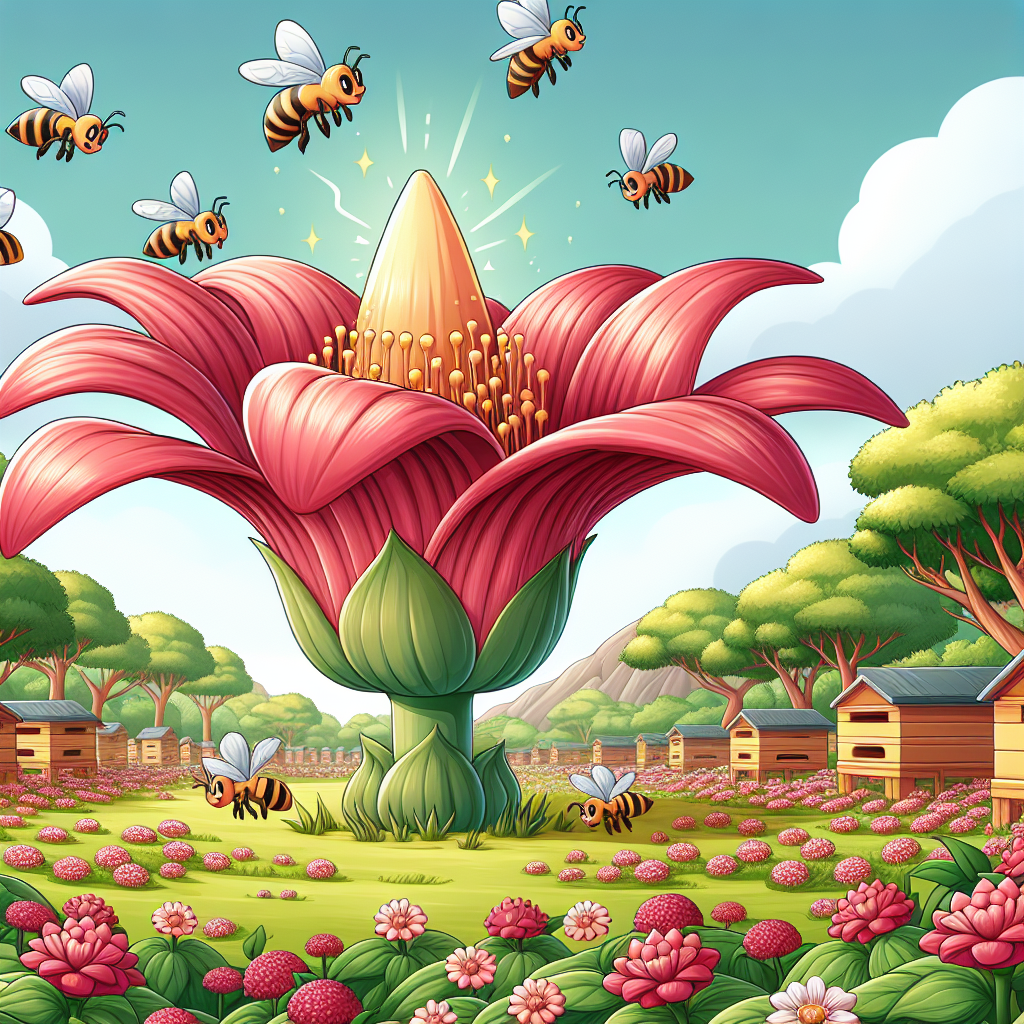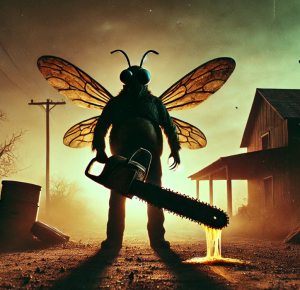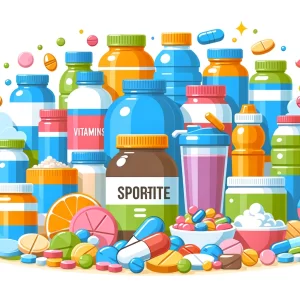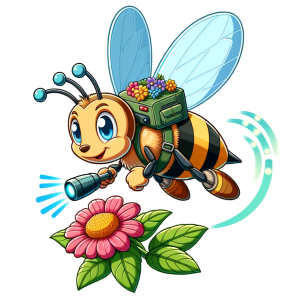
Artificial Superfood: A New Boost for Honeybee Colonies
In the face of growing ecological challenges, scientists have developed an intriguing solution that could revolutionize agriculture: an artificial superfood designed specifically for bees. Honeybees, crucial pollinators in ecosystems, are facing numerous threats from pesticides, habitat loss, and climate change. The creation of a superfood that bolsters bee health and reproduction could be a major step forward in supporting these essential insects.
The Crisis Facing Honeybees
Honeybees play a vital role in pollinating crops and sustaining ecosystems. However, their populations have been declining due to several factors, including Colony Collapse Disorder, pesticide exposure, and limited access to natural pollen sources. This decline poses a threat not just to bees but also to global food security and biodiversity.
A Scientific Breakthrough
Researchers at the University of Oxford have announced a breakthrough in the form of an engineered food supplement designed to boost colony reproduction significantly. According to a BBC report, this supplement can increase the number of bees in a colony by up to 15 times compared to those that did not receive the supplement.
How the Superfood Works
The superfood is crafted from engineered yeast, which is tailored to provide essential nutrients that bees need when natural pollen is in short supply. This innovation is hoped to mitigate the effects of environmental stressors on bee colonies by providing an artificial yet effective alternative food source during critical periods of growth and reproduction.
Field Trials and Results
During the trials, beekeeper-managed colonies that consumed this artificial superfood showed remarkable improvements in their health and reproductive rates. These findings, highlighted in the Oxford University News, suggest that such supplements could become a regular feature in apiculture.
Implications for Agriculture and Ecology
- Enhanced Crop Pollination: With healthier bee populations, the agriculture industry may benefit from improved pollination services, potentially leading to greater crop yields.
- Reduced Reliance on Pesticides: By fortifying bee health naturally, farmers may reduce the necessity for chemical interventions, promoting more sustainable farming practices.
- Ecological Balance: Healthier bee populations can lead to more stable ecosystems and biodiversity conservation.
Challenges and Considerations
There are discussions around the ethical and ecological impacts of using artificially engineered supplements as a regular feed for bees. Some experts caution against potential dependencies that may arise or unforeseen ecological consequences.
Additionally, the widespread adaptation of artificial superfoods will require strategic implementation and oversight to ensure it complements natural ecosystem functions without displacing existing bee feeding habits.
Future Outlook
As the development of artificial superfoods for bees progresses, continued research and innovations are crucial. Collaborations between ecologists, agricultural scientists, and apiculturists will play a vital role in fine-tuning these solutions to be environmentally sound and effective. Moreover, ongoing monitoring of bee health and colony performance will help refine these supplements and ensure they serve the intended purpose without negative impacts.
In conclusion, while challenges remain, the innovation of artificial superfoods promises a hopeful avenue for securing the future of honeybees and, in turn, the stability of ecosystems and agriculture on a global scale.



